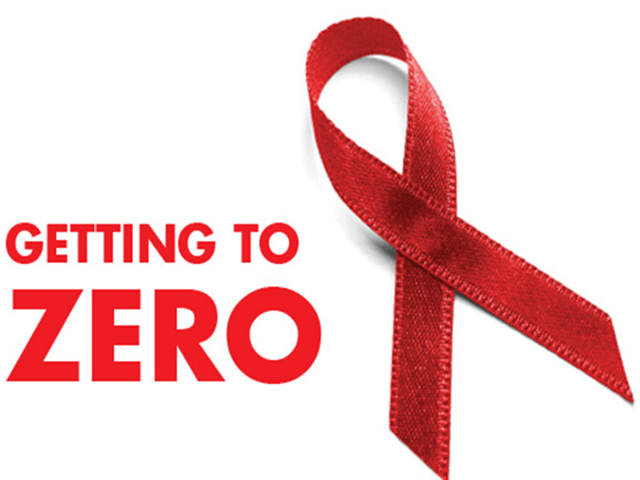AIDS-Free Generation (The Guardian : 05/12/2017)

Tanzania joined the world in commemorating the World Aids Day on 1st December as a way to unite to fight against the HIV/AIDS stigma, commemorate those who have lost the battle with AIDS, and show support for those living with the disease.
The World Aids Day 2017 theme: “MY HEALTH, MY RIGHT”, resonates with everyone, regardless of who they are or where they live. The right to health is supported by, and linked to, a wider set of rights such as adequate sanitation and housing, nutritious food, healthy working conditions and access to medical services.
World Aids Day has been designated every December, 1st since 1988 as a way to draw awareness to the disease and mourn those who have died from it.
Even though HIV and AIDS are common terms, myths and confusion remain. So what is HIV, what is AIDS and what do we know about prevention and treatment? Here are a few vital facts to know about HIV and AIDS and how to prevent and treat both.
- HIV is a virus – The Human Immunodeficiency Virus (HIV) attacks the cells in the body that help the immune system fight off infection. Like the virus that causes chickenpox, HIV remains in the body.
- AIDS is medical diagnosis – AIDS is the third stage of HIV infection, with the first being exposed to the virus.
- Known most commonly as Chronic HIV, the second stage is most critical for treatment. HIV can have no symptoms for years, but the virus is still attacking the body’s immune system, even if the person does not feel sick. Antiretroviral treatment is recommended for anyone with HIV, which will both minimize the damage to the person’s immune system and also reduce the chance of transmission.
- Transmission is most common among two very specific activities, namely: sexual contact and sharing of needle/syringe. Less commonly, infants born to HIV positive mothers who did not receive HIV treatment, either through shared blood during pregnancy or while nursing after birth, can be infected.
- Casual contact such as social kissing, hugging, sharing toilets or plates – will not transmit HIV. Mosquitoes and other insects cannot transmit HIV.
- Early treatment and antiretroviral treatment has proven successful in making HIV a chronic condition, instead of the once fatal diagnosis. That is why everyone between 13 and 64 should be tested for the virus at least once. People with higher risk factors may need more frequent testing, which can be discussed with the doctor.
- Despite improvements in treatment for HIV, there is no cure. Researchers are working to develop a vaccine that would train the body’s immune system to fight the virus and prevent it from taking hold. People who take antiretroviral therapy as prescribed and achieve and maintain an undetectable viral load have effectively no risk of sexually transmitting the virus to an HIV-negative partner.
Taken together, the facts around HIV/AIDS mean one of the most important factors in effective treatment and prevention of the disease is to know the HIV Status. This requires a test, and the World Aids Day is a good reminder to get one scheduled.
Workplaces can contribute to the goal of Aids-Free generation by:
- Promoting voluntary counseling and testing at workplaces
- Reducing personal risk to infection through prevention education and behavior change.
- Reducing stigma and discrimination against workers living with HIV/AIDS
- Building capacity to address HIV/AIDS as a workplace issue.
The world is embarking on an AIDS-FREE generation by 2030 – to quote the Father of the Nation “It is possible if everyone plays their part”.
Reply back to bhakti@impactafya.com or call +255 754 694 643 with your feedback. We welcome your suggestions for corporate wellness tips you’d like to see covered in our future columns.
Bhakti Shah, MPH is the Founder and Managing Director of ImpactAfya Ltd, collaborating with Workplace Options and Mayo Clinic, USA to provide Corporate Wellness and EAP Solutions in East Africa. Bhakti is also the Advisor for the Africa Business Portal and the Past President of the American Chamber of Commerce in Tanzania.
Website: www.impactafya.com | Facebook, Instagram & Twitter: @impactafya
